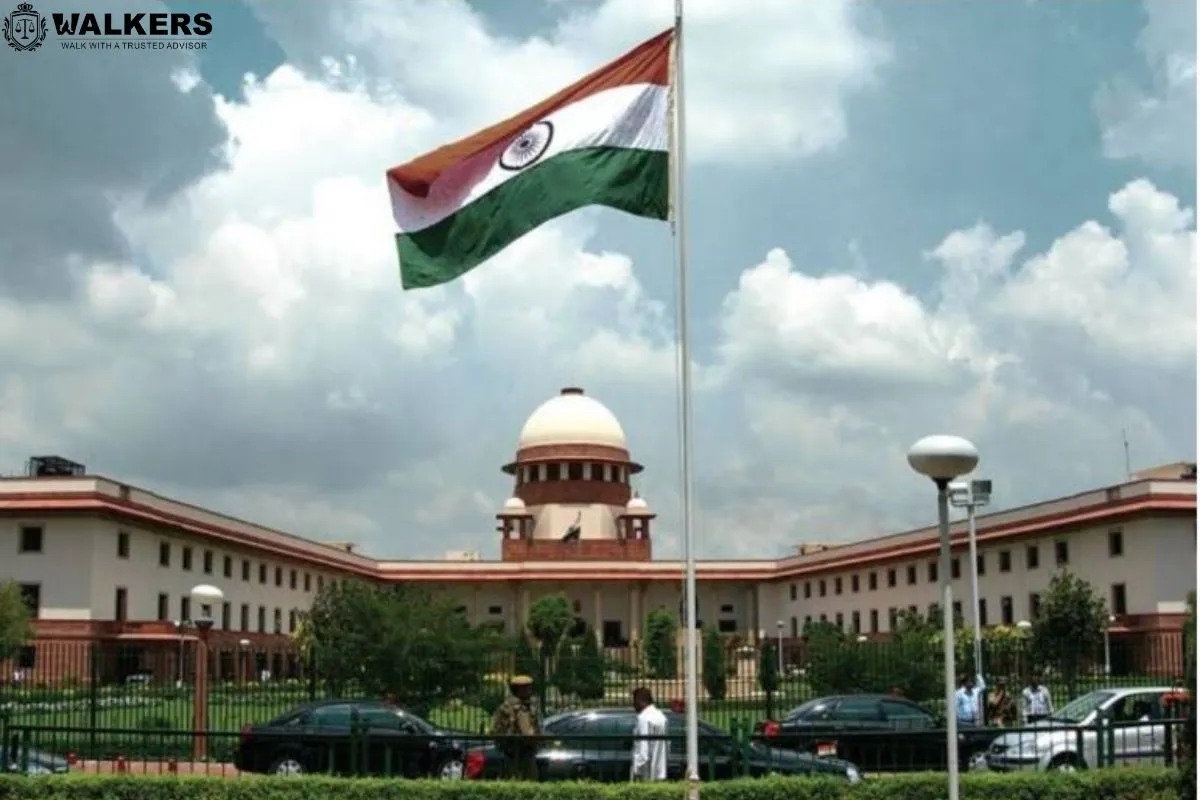


In a recent ruling, the Supreme Court upheld the interview criteria used by High Courts and the Supreme Court for designating lawyers as Senior Advocates. However, the Court removed points given for the number of publications as a criterion. The bench of Justices Sanjay Kishan Kaul, Ahsanuddin Amanullah and Aravind Kumar also ruled that voting by judges for conferring the Senior Advocate designation should not be by secret ballot, except in exceptional circumstances.
The Court stated that the interview criteria allows for a more holistic assessment of the candidate, and therefore, it has been kept at a streamlined number of candidates. However, the Court did not reduce the marks in this category. On the issue of voting by secret ballot and publication criteria, the Court opined that it would serve no purpose and could result in the exclusion of names from final lists. The Court emphasized that voting by secret ballot should be an exception, with reasons stated.
Regarding publication criteria, the Court stated that points for publications should not be included. However, the Court did consider academic research and writing ability as important factors for designating Senior Advocates. The Court directed that the exercise of designating Seniors should be carried out at least once a year by the High Courts and the Supreme Court. The Court also directed that pending applications for Senior Advocate designation have to be considered as per the modified directions of the top court in today's judgment. Existing applications have to comply with the guidelines laid out by the Court, and amendments to the applications are allowed. The Court hoped that these modifications would serve the purpose of serving litigants.
The Supreme Court recently delivered a verdict in response to pleas calling for a review of the guidelines for designating lawyers as Senior Advocates. The Central government had filed a modification application, urging for a return to the old system of performance-based evaluation by full courts followed by a secret ballot vote, citing a 'dilution' of the esteem, elegance and dignity that come with the process of conferring designations under the new system.
During the hearings, the Court had emphasized the need for some amount of discretion to be left with the full courts of High Courts and the Supreme Court while conferring Senior Advocate designations. The Court also noted that there may be different issues in different High Courts and that the issues arising out of the concluding paragraph of the 2017 decision in Indira Jaising would be taken up first.
Under the guidelines laid down in Indira Jaising, there would be a Committee for Designation of Senior Advocates for each court. All applications for designation would go to the Permanent Committee comprising the Chief Justice, two senior most judges, the Attorney General/Advocate General, and an eminent member of the bar nominated by the other four members.
The Supreme Court Bar Association had requested the removal of points for interview and publications. The Court upheld the interview criteria but removed points given for the number of publications as a criterion. The Court also ruled that voting by judges for conferring the Senior Advocate designation should not be by secret ballot, except in exceptional circumstances. The Court directed that the exercise of designating Seniors should be carried out at least once a year by the High Courts and the Supreme Court, and pending applications for Senior Advocate designation have to be considered as per the modified directions of the top court in its recent judgment.
TAGS: Supreme Court guidelines designation Senior Advocates review Central government performance-based evaluation full courts secret ballot vote discretion Committee for Designation of Senior Advocates Permanent Committee Chief Justice Attorney General Advocate General Indira Jaising interview criteria publications voting judges exercise High Courts pending applications modified directions judgment.